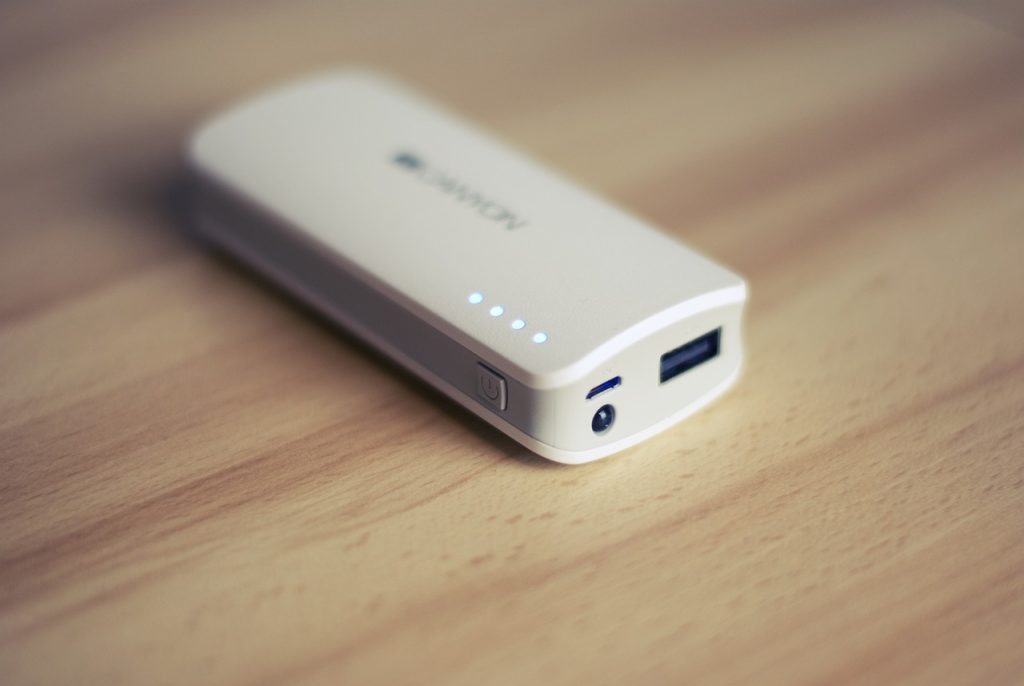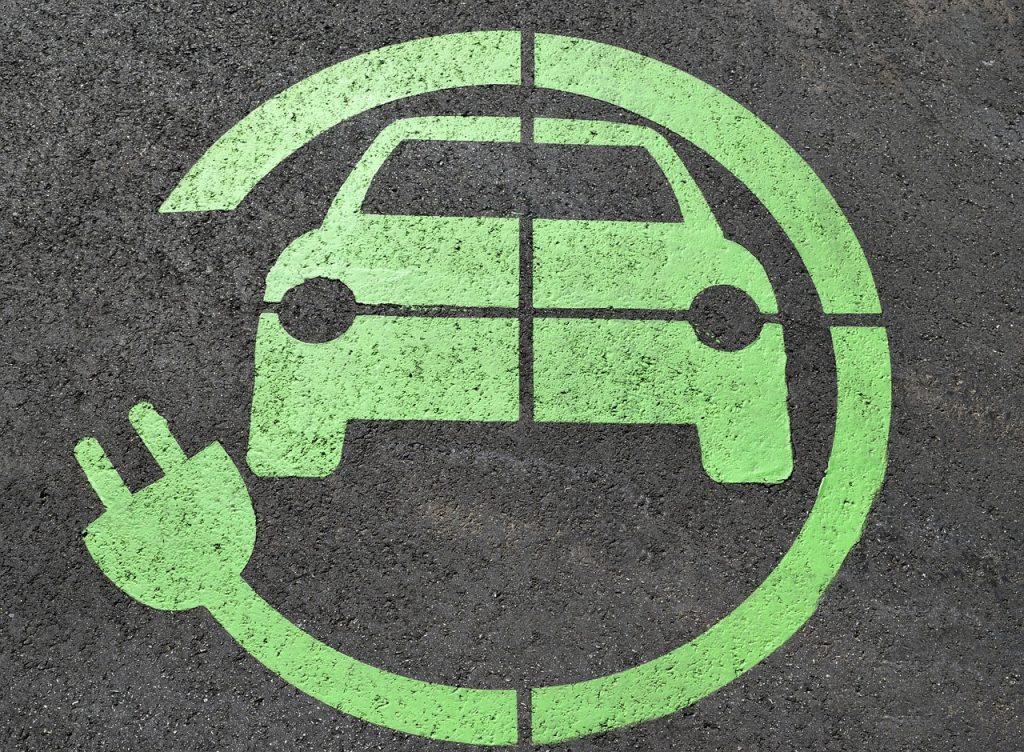Exploring the Advancements in Battery Technologies for Electronics
Have you ever wondered about the incredible advancements in battery technologies that power our modern electronics? From the early days of bulky and short-lived batteries to the sleek and long-lasting ones we have today, the evolution of battery technologies has been truly remarkable. In this article, we will delve into the fascinating world of battery advancements, exploring how they have revolutionized the way we use and rely on our electronic devices. Get ready to be amazed at the innovations that have made our gadgets smarter, more portable, and more efficient than ever before!

Table of Contents
ToggleExploring the Advancements in Battery Technologies for Electronics
1. Introduction
When it comes to powering our electronic devices, battery technology has come a long way. From the early days of bulky and inefficient batteries to the modern, lightweight, and high-capacity options we have today, there have been significant advancements in this field. This article aims to explore the various advancements in battery technologies for electronics, highlighting their benefits and potential impacts on our daily lives.

2. Background
2.1 Early Battery Technologies
In the early days of battery technology, devices were powered by heavy and bulky batteries that had limited energy storage capabilities. These batteries were often composed of materials like zinc and lead-acid, which were not only inefficient but also environmentally harmful. The limited energy storage capacity of these early batteries meant that devices had short battery lives and often required frequent recharging or battery replacements.
2.2 Lithium-ion Batteries
One of the most significant breakthroughs in battery technology was the development of lithium-ion batteries. These batteries utilize lithium ions to store and release energy, offering higher energy density and longer battery life compared to their predecessors. Lithium-ion batteries revolutionized the electronics industry by providing a more efficient and reliable power source for various devices, including smartphones, laptops, and electric vehicles.
3. Current Challenges in Battery Technologies
3.1 Limited Energy Storage
Despite the advancements made with lithium-ion batteries, one of the challenges that still persist is limited energy storage. While these batteries offer significant improvements over earlier technologies, there is still a need for further advancements to achieve the long battery lives that consumers desire. This is particularly crucial for portable electronics that require extended periods of use without the need for recharging.
3.2 Low Charging Speeds
Another challenge is the slower charging speeds of current battery technologies. Although there have been improvements in fast-charging capabilities, many devices still take a significant amount of time to recharge fully. This can be frustrating for users who often require their devices to be quickly charged and ready for use.
3.3 Environmental Concerns
The environmental impact of battery technologies is also a concern. The production and disposal of batteries can have adverse effects on the environment, making it crucial to explore alternative materials and manufacturing processes that reduce or eliminate these harmful impacts. As the demand for electronic devices continues to rise, finding environmentally friendly battery technologies becomes even more crucial.

4. Advances in Battery Materials and Designs
4.1 Solid-State Batteries
One promising advancement in battery technology is the development of solid-state batteries. Unlike traditional lithium-ion batteries, which use liquid electrolytes, solid-state batteries use solid electrolytes. This eliminates the risk of leakage and improves the overall safety of the battery. Solid-state batteries also offer higher energy density, longer lifespan, and faster charging capability. Researchers are actively working on improving the performance of solid-state batteries to make them a viable option for future electronics.
4.2 Lithium-Sulfur Batteries
Another promising development is the use of lithium-sulfur batteries. These batteries have the potential to offer significantly higher energy density compared to lithium-ion batteries. With sulfur as the cathode material, these batteries can store more energy, potentially providing longer battery life for electronic devices. However, there are still challenges to overcome, such as the degradation of sulfur during charging and discharging cycles. Researchers are actively working on improving the stability and cycle life of lithium-sulfur batteries to make them a practical option in the future.
4.3 Graphene Batteries
Graphene, a super-thin sheet of carbon, has also shown potential in revolutionizing battery technology. Graphene batteries have the potential to offer high energy density, fast charging capabilities, and increased lifespan. The unique properties of graphene, such as its high conductivity and surface area, make it an ideal material for battery electrodes. However, widespread implementation of graphene batteries still faces challenges, such as large-scale production and cost-effectiveness.
5. Battery Management Systems
5.1 State of Charge Monitoring
To improve the performance and lifespan of batteries, advanced battery management systems (BMS) have been developed. These systems monitor the state of charge (SOC) of the battery, ensuring optimal charging and discharging processes. By accurately measuring the SOC, devices can efficiently utilize the available battery capacity and reduce the risk of overcharging or discharging, which can damage the battery.
5.2 Overcharge and Discharge Protection
Battery management systems also play a crucial role in protecting batteries from overcharge and discharge. These systems include safeguards that prevent the battery from being overcharged, which can lead to reduced battery life and potentially dangerous situations. Moreover, BMS ensures that the battery is not discharged beyond a certain threshold, protecting the battery from irreversible damage due to deep cycling. These protection mechanisms enhance the durability and safety of battery-powered devices.

6. Charging Technologies
6.1 Fast Charging
To address the issue of slow charging speeds, fast-charging technologies have been developed. These technologies allow devices to recharge at a significantly faster rate, reducing the time spent waiting for the battery to charge. Fast charging can be achieved through higher charging currents and advanced charging algorithms that optimize the charging process. The widespread adoption of fast-charging technologies has the potential to revolutionize the way we use and rely on our electronic devices.
6.2 Wireless Charging
Wireless charging is another exciting development in battery technology. With wireless charging, devices can be charged by simply placing them on a charging pad, eliminating the need for cables and connectors. This technology utilizes electromagnetic fields to transfer energy from the charging pad to the device’s battery. While wireless charging is already available in some devices, ongoing research aims to further improve its efficiency and compatibility across a wide range of devices.
7. Energy Density and Capacity
One of the critical factors in battery technology is energy density, which refers to the amount of energy that can be stored in a given volume or weight. Higher energy density batteries offer longer battery life and enable smaller and lighter devices. Advances in battery materials and designs, such as the use of solid-state electrolytes, lithium-sulfur chemistry, and graphene electrodes, aim to increase energy density while maintaining stability and safety.

8. Future Developments and Research
8.1 Sodium-Ion Batteries
Research into alternative battery technologies continues to pave the way for future advancements. Sodium-ion batteries, for example, are being explored as a potential alternative to lithium-ion batteries. Sodium is more abundant and less expensive than lithium, making sodium-ion batteries a more cost-effective option. Researchers are actively working on developing sodium-ion batteries that can match or exceed the performance of lithium-ion batteries.
8.2 Solid Polymer Batteries
Solid polymer batteries are another area of research that shows promise. These batteries use solid polymer electrolytes instead of liquid or gel electrolytes used in conventional batteries. Solid polymer batteries offer improved safety, higher energy density, and better thermal stability. Ongoing research aims to overcome the challenges associated with solid polymer batteries, such as ion conductivity and manufacturing scalability.
8.3 Supercapacitors
Supercapacitors are another potential technology that could complement or even replace traditional batteries. Unlike batteries, which store energy through chemical reactions, supercapacitors store energy through electrostatic charge separation. Supercapacitors offer faster charging and discharging rates and exceptional cycle life. Research is being conducted to further improve the energy density and overall performance of supercapacitors for use in electronic devices.
10. Conclusion
Battery technology has evolved significantly over the years, enabling the development of portable and high-performing electronic devices. From early battery technologies to the advancements we see today, such as solid-state batteries, graphene batteries, and fast-charging technologies, there have been substantial improvements in energy storage, charging speeds, and safety. As research and development in battery technologies continue, we can expect further advancements that will enhance the performance, lifespan, and environmental impact of batteries, making them a key component in our increasingly connected world.
Discover the remarkable advancements in battery technologies for electronics. Explore how batteries have revolutionized our devices and made them smarter, more portable, and efficient. Be amazed by the innovations that have shaped our modern world!
Discover the remarkable advancements in battery technologies for electronics. Explore how batteries have revolutionized our devices and made them smarter, more portable, and efficient. Be amazed by the innovations that have shaped our modern world!